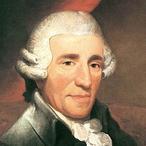|
A gripping tale, steeped in mythology, enriched with historical detail, and bound together with fantastic artwork and an engaging concept: Alex Anstey's graphic novel, Nine Tenths - The Slider, makes for a gripping read which you will not be able to put down. 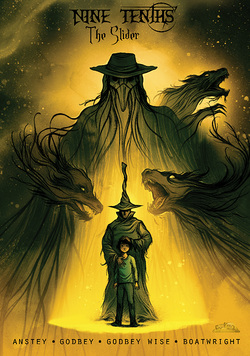 The new graphic novel from Reality in Dreams, Nine Tenths - The Slider is a powerful story about life, death and hope, and what happens when the three collide. In this first instalment of Alex Anstey's dark fantasy, we meet Sarah, a little girl who has lost her mother and brother in the terrible storm of 1987. Bringing the story to life with some wonderful local detail, Anstey describes how Sarah's world is turned upside-down two years later, when she encounters a terrible entity under the bandstand in Clapham Common, London. In fact, many references to local landmarks in London occur throughout the book, and the story itself takes place in London - with a very welcome reference to the River Effra. The story follows the fate of Sarah, and her lost brother, as they begin to play their part in the epic saga played out by the Gods Diocletion, ruler of the land of the living, and her brother Solon, the master of the dead. Vespasian, the warden, makes sure that the balance between the two worlds remains intact, though his methods are ruthless and unforgiving. 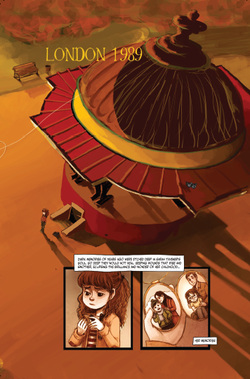 Underpinning the mythology is the idea of The Threads, streams of life force which all come from the first life thread. As each person dies, their thread is severed, its owner left to move from Diocletion's domains to the realm of Solon. But what happens when it goes wrong? That is precisely what happens in Nine Tenths - The Slider, and the repercussions draw the two worlds to the brink of Armageddon. But this is not the first time such a mistake has occurred. Once before, a long time ago, another Thread was left unsevered, and another war threatened to pit Diocletion and Solon against each other. Now, both mistakes will need to be solved in order to bring peace back to the worlds of the living and the dead. Who will save the worlds? Only Sarah, and the mysterious Slider… This first instalment of the Nine Tenths sets the scene for an amazing series. The story is intense and dynamic, the artwork powerful, and the concept one which will keep you glued to the pages, and leave you eager for the next instalment. To get your copy, check out the Reality in Dreams Website!
1 Comment
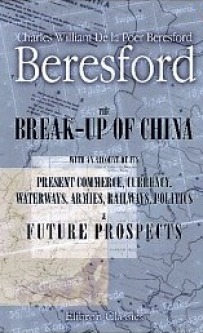 Written by Lord Charles Beresford in 1899, 'The Break-up of China' is an unprecidented analysis of the state of the trade industry in China. Beresford gives his position and affiliation in the first paragraph of the preface: "When I undertook the Mission confided to me by the President of the Associated Chambers of Commerce, I frankly admit that I did not fully grasp the dimensions of a problem the solving of which is only possible by clear thought and decisive action - qualities that have been conspicuously absent from our dealings with China during the late difficulties in the Far East. Although my Report deals mainly with trading and commercial questions, it cannot exclude considerations of high policy, and I am compelled to travel outside the limits originally defined for the scope of my Mission. In framing my Report it is impossible to ignore conditions inseparable from the Commercial Question - viz., matters relating to international...and political complications. The British and American public have been quite bewildered by the controversy which has raged during the last year over the relative merits of the "Open Door" and the "Sphere of Influence."" 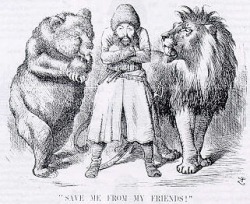 Political Cartoon: The Great Game Political Cartoon: The Great Game Obviously, when looking at the tenor of the work, one must consider the times in which it was written. At the very end of the long reign of Queen Victoria, the British Imperial mindset was still in operation. The arguement between the "Open Door" policy and the adoption of the "Sphere of Influence" (which was at work in Persia and Afghanistan during the Great Game between The Russian and British Empires) was one of the level of interference, rather than whether interference should occur at all. If, however, it is possible for the reader to look dispassionately at the information given, one will see there is a veritable minefield of facts and observations which give an insight in to not only the state of the Chinese economy, soverignty and stability in 1899, but also into the minset of the British Government, and to a lesser extent the Japanese, American and Russian governments, with respect to the state of China and its possibilities for trade and development. The "Sphere of Influence", Beresford explains, would lead to increased foreign militarisation, and probable framentation of the Chinese Emprie, precipitation its collapse. The "Open Door" would lead to free trade (though more for the benifit of the foreign traders than for the Chinese government) and a bolstering of state integrity, though not of state choice of business partner and foreign policy. Indeed, Clarence B. Davis and Robert J. Gowen, in their abstract "The British at Weihaiwei: A Case in the Irrationality of Empire" state, with regards to the various treaties imposed on the Chinese, that these treaties: "[k]nown to the Chinese ever since as the "unequal treaties," ...progressively infringed on China's sovereignty, administrative and legal integrity, and economic viability. Extraterritorial rights exempting foreigners from Chinese justice, treaty ports where administration was in the hands of foreigners, and foreign control of extensive portions of Chinese bureaucratic administration, including even the country's ability to collect revenue through the Maritime Customs Service—all became part of the elaborate edifice of extraordinary rights and privileges that the powers created for themselves in the name of the "great game" of empire in China." 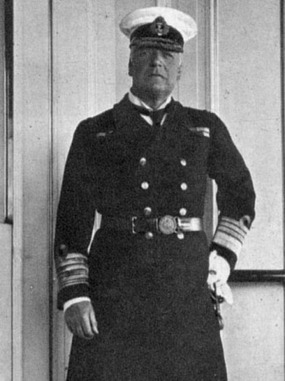 Lord Charles Beresford Lord Charles Beresford Beresford was commissioned for the report by the Associated Chambers of Commerce, whose interest was directed at the possibilities of trade both with and within the Chinese Empire. The following is a quote from the letter of the President of the ACC, the Hon. Sir Stafford Northcote, Bart., MP: "It is generally admitted that there is a great possible field for business undertakings; but I, personally, feel some doubt as to whether the organization of the Chinese civil and military administration is sufficiently complete to insure adequate protection to commercial ventures." For me though, it is the questions of trade and security, along with the relationship with Russia and the improvement of administration which make this book so invaluable. Given the importance that these four issues have played in the dedvelopment of China from a playground for European, Japanese and American business, to a power commanding vast amounts of capital, dominating world trade, a centralised government capable of supressing internal dissention, and the entent reached with it's neighbouring colossus, it is intersting to get a ground level view of the situation with respect to these issues from just over 100 years ago. Much has obviously changed. 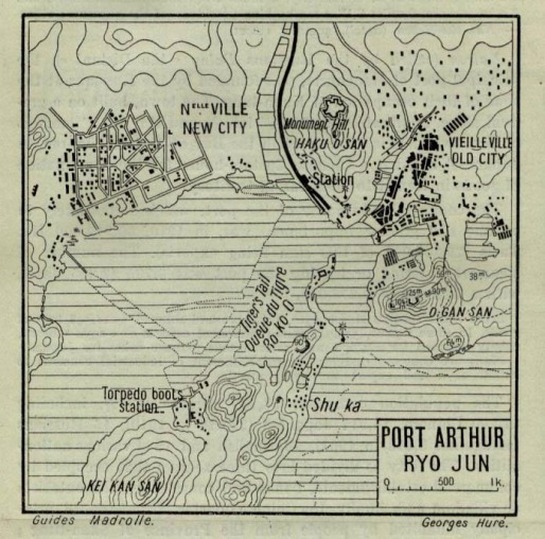 Port Arthur 1912 Port Arthur 1912 The Russian advance on and militarisation of the northern area and Manchuria posed a significant threat to British trade interests, and it was thought by british traders at the time that: "There can be no question that the Russians are at present in a position of tremendous military advantage in the event of anything occuring which might involve a warm arguement as to what was necessary for the proper security of British trading interests." The building of the Russian-Manchurian Railway, aimed at consolidating the Russian hold on Port Arthur, was most definately seen as of strategic and military, rather than trade-based, importance. The issues surrounding the Shanhaikwan Railway, where Russia "refused to allow an agreement made between a British corporation and the Chinese Government to be ratified" showed how trade and development were being used as a weapon by the Russian Empire to ensure dominance in Manchuria and preferential tariffs, counter to the ethos of the "Open Door". Beresford was also at pains to give his: "personal testimony to the statement made by British merchants...as to the dominant position of the Russians in Manchuria." Effectively, the inability of Britain to intervene effectively in disputes between Russia and the Brtish traders, as well as its inability to aid China militarily and diplomatically to halt Russian incursions in Manchuria and northern China, diminished, in the eyes of China and the rest of the world, the standing, vigour and power of the British Empire. The annexation of Manchuria would also, it was believed: "inevitably be the prelude of a successful march southwards towards India." 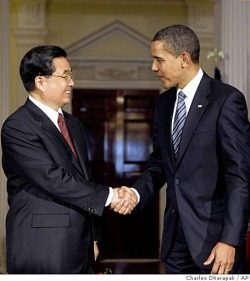 Presidents Obama and Hu Jintao Presidents Obama and Hu Jintao The relationship between Russia and China has been of prime importance to both countries since the end of World War II, and is watched closely by the rest of the world even today. Trade between China and the world is what has pushed it to economic "World Power" status. It's ability to mobilise its workforce to produce goods at a high turn-around at low cost has made China a dominant force in world trade and economics. It is no wonder that President Obama has chosen to build greater links between the USA and China. What interests me is the change in China's position in 1899 to now. From a country that was effectively dictated to by interfering powers in terms of its trade tarrifs and partnerships, China has emerged in full control of its economic and technologic interests, and is using them to great effect in both the First and Third Worlds. One only has to look at its attempted economic intervention in Greece, ominously blocked by Angela Merkel, to see the scale to which China can affect and intervene in world financial and political questions. Lastly, the question of security, both internal and external, has I believe been the biggest reversal of them all. From a country that, according to the Beresford report, was unable to protect itself from any of the interfering powers, nor able to protect traders internally from bandit attacks in the interior of the country, China has emerged as one of the "big three" with respect to weapons stockpiles, army size, and world influence. Beresford, in the book, warns Chinese officials of the necessity of modernising the army: "I informed [Prince Ching] that real and effective protection could be given to property by a thorough and complete reorganization of the Chinese Army as a whole; that the present system of having provincial armies had proved itself, over and over again, ineffective; that a vast amount of property had been destroyed, and that many lives, of missionaries and others, had been sacrificed, all owing to the want of efficient military and police; that these losses of life and property had caused immense inconvenience and expense to the Chinese Government itself." A situation that has undergone a complete reversal again since World War II, as the world is now fully aware of the scale of China's military force. This book, then, is of primary interest with respect to the issues which, according to Beresford, would decide China's fate. Neutral or friendly relations with Russia, improved, centralised armed forces, the conrol of internal and external trade, and the proper regulation of the administrative system, has turned China from a country on the brink, to an Empire of prodigious strength and economic solidity. It is with this in mind that I read Beresford and ponder whether he knew the scale of the power latent in the sleeping Titan that was just beginning to awaken? Resources: Complete online copy: Click here
Complete online copy, from Questia books, with internal search function: Click here 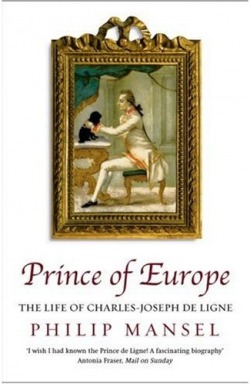 My latest read is called Prince of Europe: The Life of Charles-Joseph de Ligne. It is a fascinating work about Ligne, his beginnings in the Austrian Netherlands, his time at the court of Maria Theresa, in France, and in Russia, with amazingly intimate descriptions of the characters of people like Marie Antoinette, Maria Theresa, Joseph II, Catherine the Great, Prince Potemkin and Frederick the Great. He also talks of his meetings with people such as Casanova, Voltaire and Rousseau. He even lived next door to Beethoven for a while, and we are told that Ligne preferred Gluck to Mozart. We also get a first-hand account of the effects of Napoleon’s march across Europe, and its effects on the revolutionary movements in Belgium. Some of the most interesting parts of this work are the snippets of information given about individuals such as the Marquis de Bonneval, or ‘Ahmet Pasha’ who, after leaving the French and Austrian armies under a rather large cloud, fled to Constantinople in 1731, and helped modernise the Sultan’s army. To get around the need for circumcision, he invited the mullahs to dinner, got them drunk, left the room and came back in with a piece of bloody sheep intestine. Another is the story that his beloved daughter, Princess Clary, had a penchant for watching buildings being pulled down, and was given advance notice by Joseph II of Austria to make sure she didn’t miss anything. For a fascinating romp through the political, cultural and sexual milieu of Europe from the mid 1700’s to the beginning of the 1800’s this book is a fantastic read. Often quoted by biographers, Ligne is all the more fascinating as a contemporary biographer, writer, and commentator. Ligne’s own life, with its striving for glory, its “Jack of all trades” quality, its experimentalism, and its sheer ebullience makes for a riveting read. I whole-heartedly recommend this book. |
Book ReviewsCheck out my Book Reviews on this page. Archives
August 2013
Categories
All
|
MOST VIEWED POSTS
© James Edward Hughes 2013
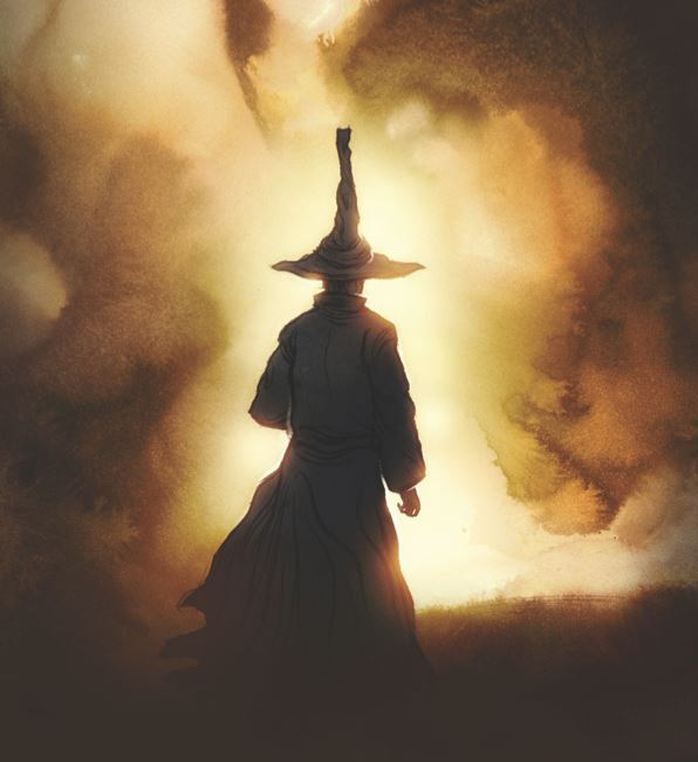
 RSS Feed
RSS Feed


